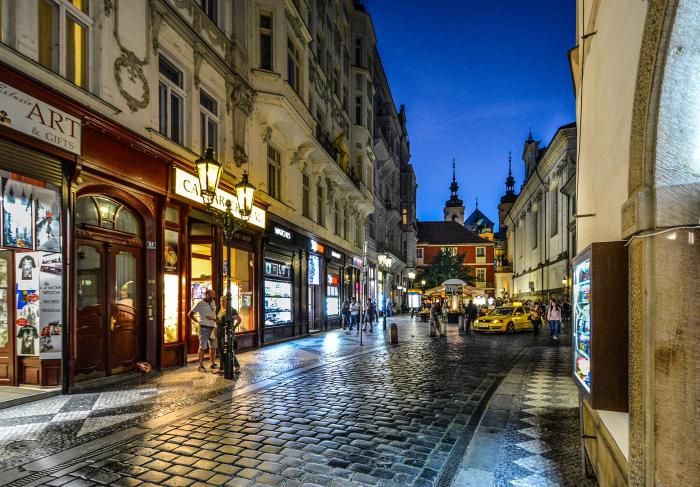
A majority of European city residents live not in the metropolises of London, Paris or Milan, but in small and medium-sized cities and towns. Therefore, if we want to speed up the delivery of our climate goals – and recent weather patterns give us reasons aplenty to do so – these cities are central to success.
The Small Giants Focus group aims to address pressing challenges faced by small and medium-sized cities in Europe as they seek to play their part in the wider EU ambition of reaching climate neutrality by 2050 using smart city approaches to reduce GHG emissions. It is a new Focus Group within the Smart Cities Marketplace, bringing forward the work, ambitions and knowledge from an earlier initiative of the same name.
Description
Objectives
Specific objectives include clarifying the challenges that semi-urban or rural changemakers face when seeking to move from the current status quo into a future of smart climate neutrality. The development of replicable and scalable tools to overcome these challenges will also form an important component of the Focus Groups work, building, where possible, on examples of best practice from across the Small Giants community. This, in turn, will inform several actions including the aggregation of needs and the identification of possible financing and funding pathways.
Approach
The Small Giants Focus group will actively engage with its members to find the most appropriate pathways and approaches through a limited number of interactive meetings and active collaboration. Some topics of interest already identified by the Small Giants community include Circularity, Mobility Transition, Digital Responsiveness, Societal Insight and Engagement, Performance Management, Market Engagement, and Smart Infrastructure. These will tested with, and enhanced by the Focus Group itself with support from the Smart Cities Marketplace and additional themes of common interest will be added to this list as appropriate. The aim is for this to lead to theme-specific roadmaps, policy papers, guidance notes etc. on the issues prioritized by the Group.
Activities include, but are not limited to,:
- Capacity gaps – minimal, and often stretched, staff resources with a lack of access to the deep expertise that larger cities more commonly have
- Market engagement – difficulties in gaining access to, and influencing, the supply market, given their modest scale
- Funding challenges – knowing what grant funds are available, justifying local budget investment and accessing market funds. Innovation in the development of business models is also a key consideration here.
Some possible pathways, identified in an earlier survey conducted by the former Small Giants Initiative, included:
- sharing resources, expertise and learning
- co-creating solutions and,
- potentially aggregating demand to be more attractive to the market.
The Small Giants Focus group believes that these can result in solutions that provide more certainty, de-risk implementation and operations and, most importantly, can be a more cost-effective way of becoming more sustainable.
It is worth noting that smaller cities also have some significant advantages over their large counterparts. They are closer to society, and nimbler in action and the impact of their actions can be more easily evidenced.
Participants – who should join?
Organisations with experience in and/or ambition for delivering smart and clean solutions locally;
- Practitioners and political representatives from small cities
- Aggregators of small cities, for example, regional offices, representations in Bruxelles etc.
- Small and medium-sized businesses, engaging with small cities.
You can express your interest in sharing your challenges – and suggest solutions – with the Small Giants Focus group here.
Chair of the Focus Group
Trevor Gibson
